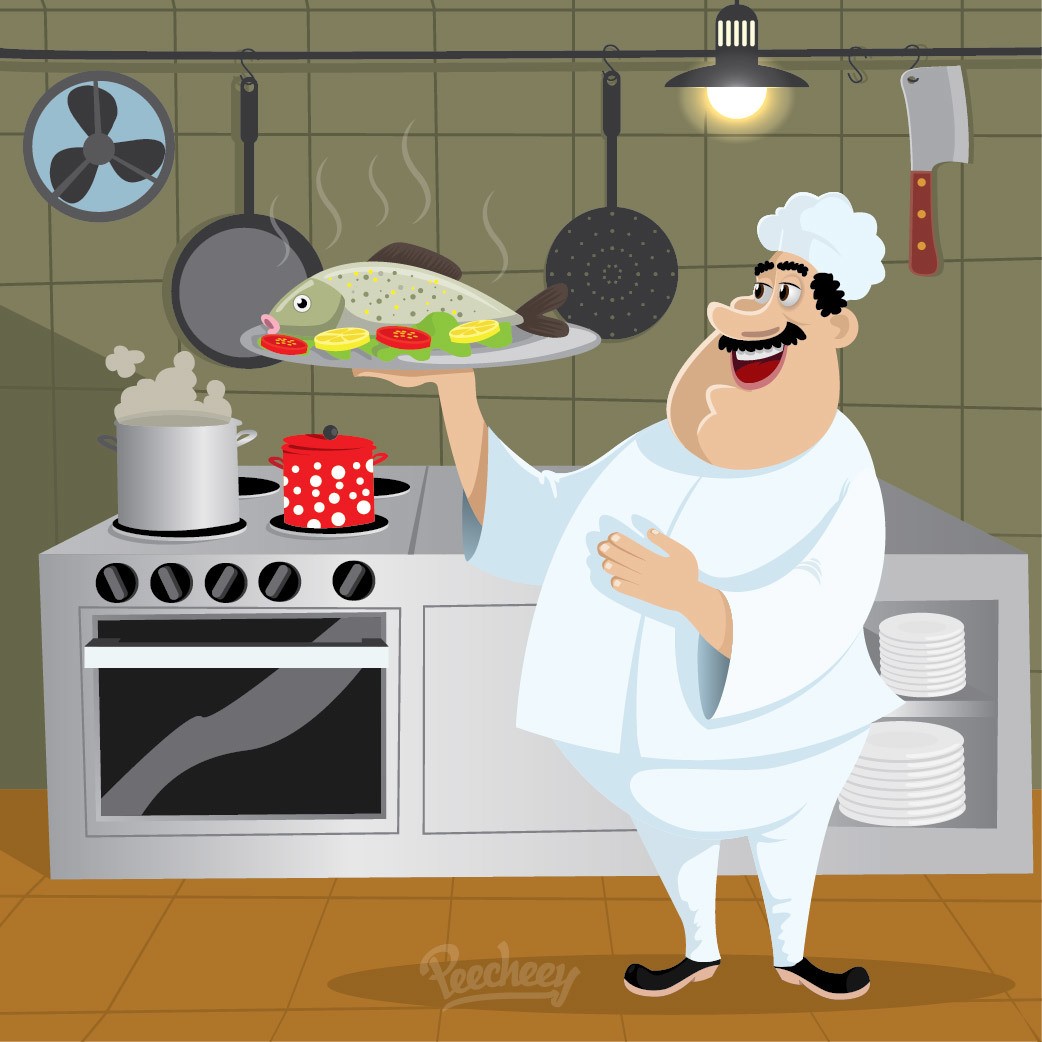
The cook of today has to pull up his socks and update his skills to offer a variety of food

Each household is confronted daily with the question of what is to be put on the dastarkhwan (table). Gone are the times when all family members, barring those with dietary restrictions, ate what was placed before them. Now each one has their own likes and dislikes, and the availability of ‘meals on wheels’ for those with some disposable income, means they can indulge in their choices.
But that is not the only way how times have changed; it goes beyond from what’s cooking to who’s cooking? And that brings us to the khansama woes that many people nowadays bemoan.
Before we tackle that, just a step back into history about their step down to the role of a mere cook from being the ‘Khan-e-Samaan’ under the Mughal rulers.
Khan was a title of a leader or a head honcho. The Khan-e-Samaan was responsible for all the samaan or the groceries and goods of the royal household. More like a controller. The change in the fortunes of the Mughal rulers meant that not only were there no more Khan-e-Samaan, their role diminished, and the language modified to the mere Khansamaan or a cook.
Now times were when the cook could be afforded by even a middle class household where the supervision was done by the lady heading the household (sigh, yes, was usually a female dominated domain) and was chosen on the basis of familiarity with the preferred cuisine of the household, depending usually on the area they lived in.
This was specially so if the job description also included buying the groceries needed for cooking the food, right from the kind of condiments and spices, to the fresh veggies, kind of meat, fish or poultry. It was best to co-opt them in such an activity so they could not blame anyone else for a badly put together meal, which was the easiest escape route.
I have been witness to full-scale wars between these two cadres of household helps, and often it would happen when the cook would be a woman and the grocery was brought by an errand boy. It was very difficult to gain approval of the purchases by the ruler of the kitchen!
In households that could afford them, they were live-in helps, but as their charges started to go up, people had to settle for part-time help who would come, cook both the meals, and leave. Some would precook the roti for the evening so those used to having them hot off the tawa would have to be content with just one such opportunity a day. After all, the tandoorwalas also have to make a living!
Then came a time when the khansaamas or the cooks didn’t really pass on their tricks of the trade and secret recipes to any underling. In fact, there were no underlings anymore. Actually, the entire unravelling was happening at the same time.
First came the scarcity of cooks who ‘knew’ what the family would like to eat as they belonged to the same area, and the trend then went to hiring cooks who were quick learners and would adapt their skills to the taste buds of the family they were hired to serve.
I haven’t a clue why, but at least in Karachi, the Bengalis filled this role to a tee, despite their dietary habits and cooking style being very different from the people of the area, they were now serving in. These included the Bengalis who had been settled before the separation between the two wings of the country and also those who came in illegally later.
The saying ‘if you can’t stand the heat, get out of the kitchen’ was being taken literally and the eating habits of the millennials changed and so did the role of the khansaama or the cook. If the apps and dial-a-meal were not there to fulfill the urge to eat something, then these cooks became the go-to persons to rustle up something that was needed right there and then than a meal planner as meal times also became fluid.
For a household where a majority of people work, and they are okay taking stuff out of the freezer and eating it, other options became available to them, of the ‘bulk cooking cook’. This breed comes in once a week, does all the hard work of cooking meat, etc, in bulk, make and fry you a batch of kababs or cutlets, etc, which you can make portions of and freeze.
As with supply and demand, the scarcity kicked in, the salaries spiked up, and the competition to get someone suitable and make them stay became intense. The prima donna syndrome kicked in and you had to really pander to their ego and tantrums if you wanted something that really tickled your palate. Otherwise… off they go to a higher bidder and leave you to cope with the meal planning and making, which you may have very comfortably delegated.
Read also: Online Masala
Complete delegation of duties may also have been a necessity for ‘too many cooks spoil the broth,’ especially any kind of suggestion or a departure from their cooking style was deemed as interference. Also, how many of us now boast of those big rambling kitchens where more than one person could wield the bailun (rolling pin) to their hearts desire and experiment.
Changing times require a changed skill set, and a palate that is willing to accept the variety available all around, instead of being a hostage to just one type of taste conjured by the cook or khansaaman which is becoming a rapidly diminishing species.